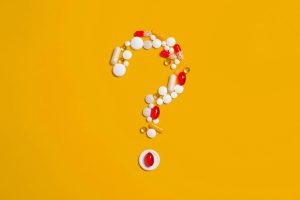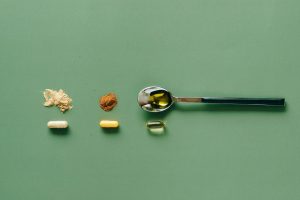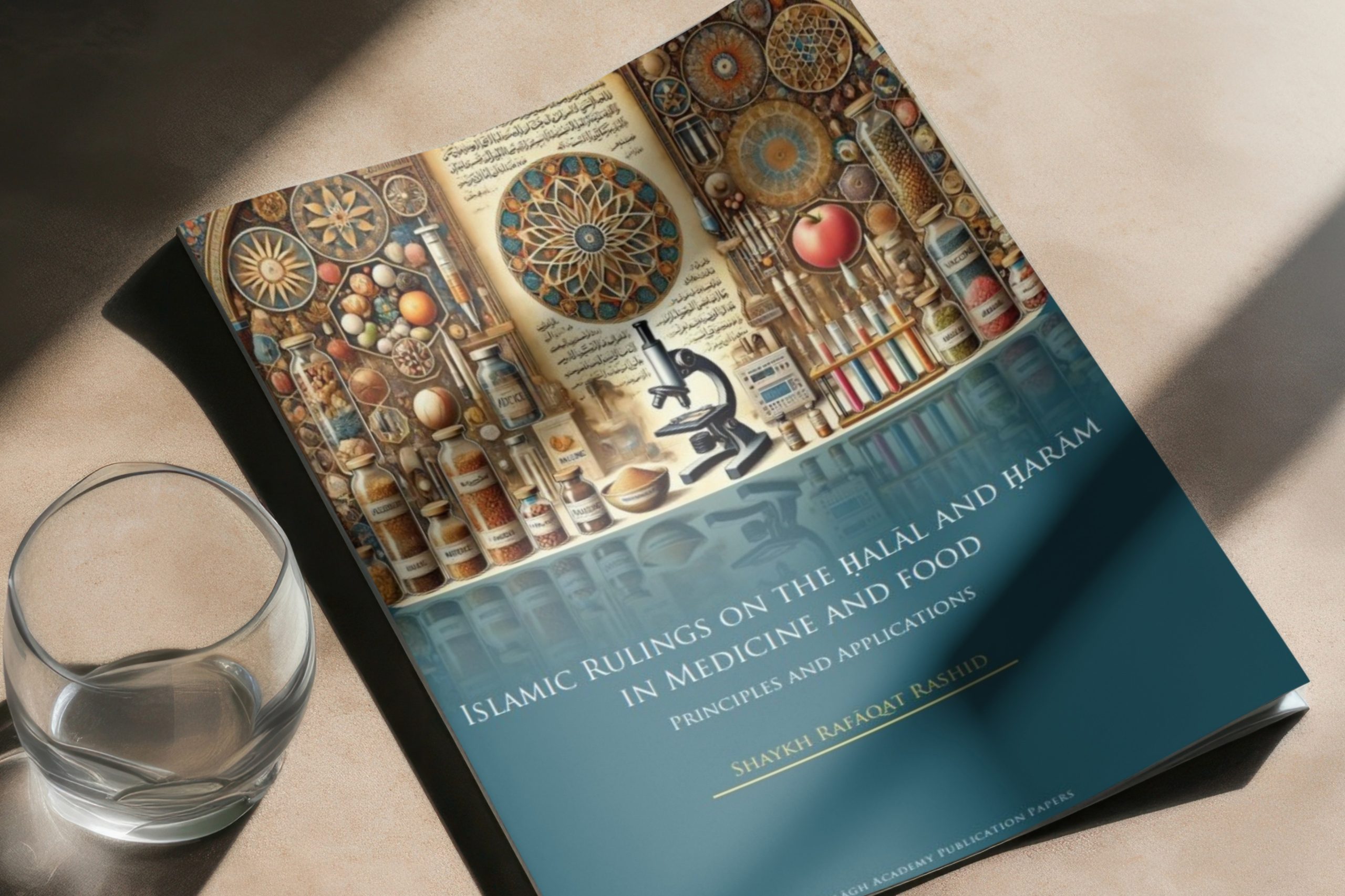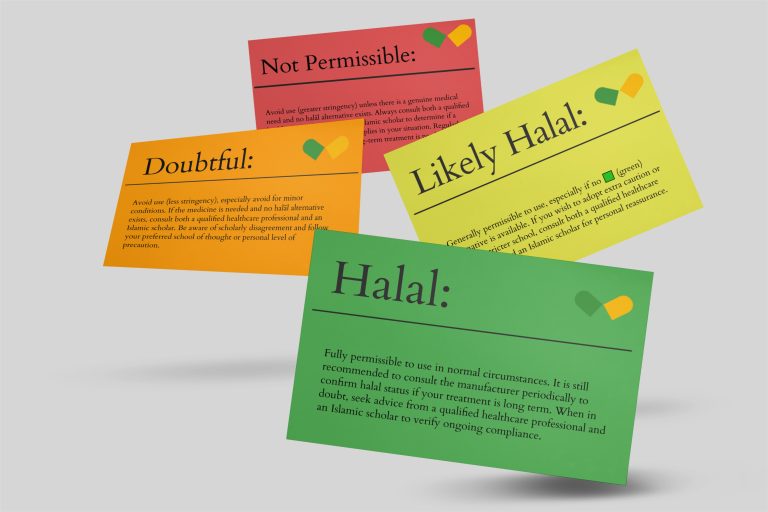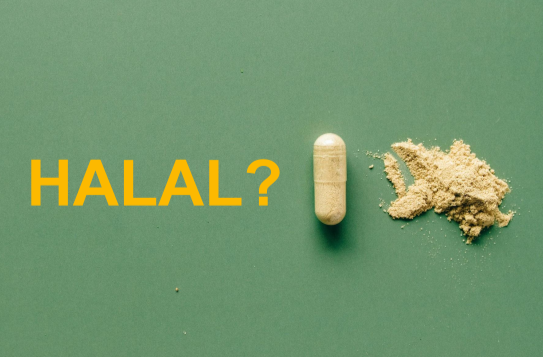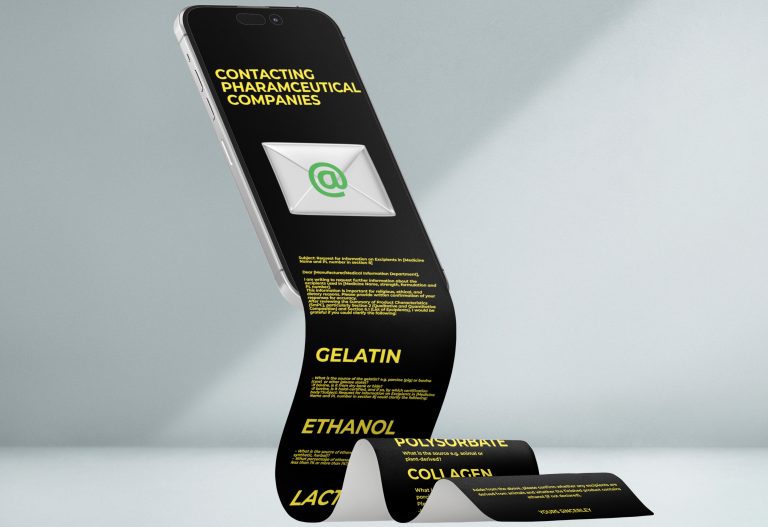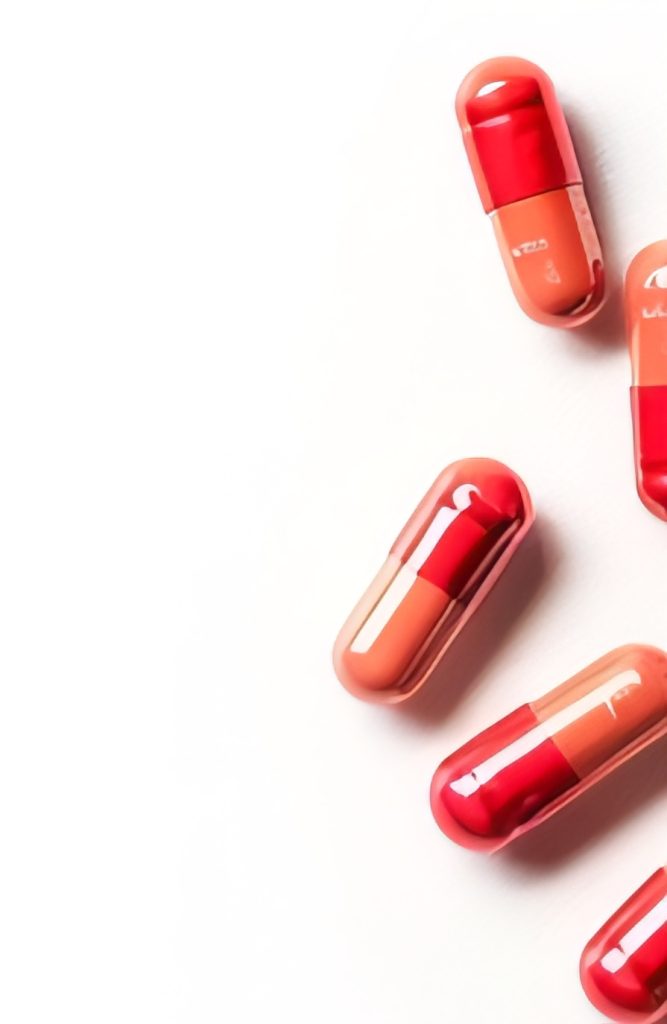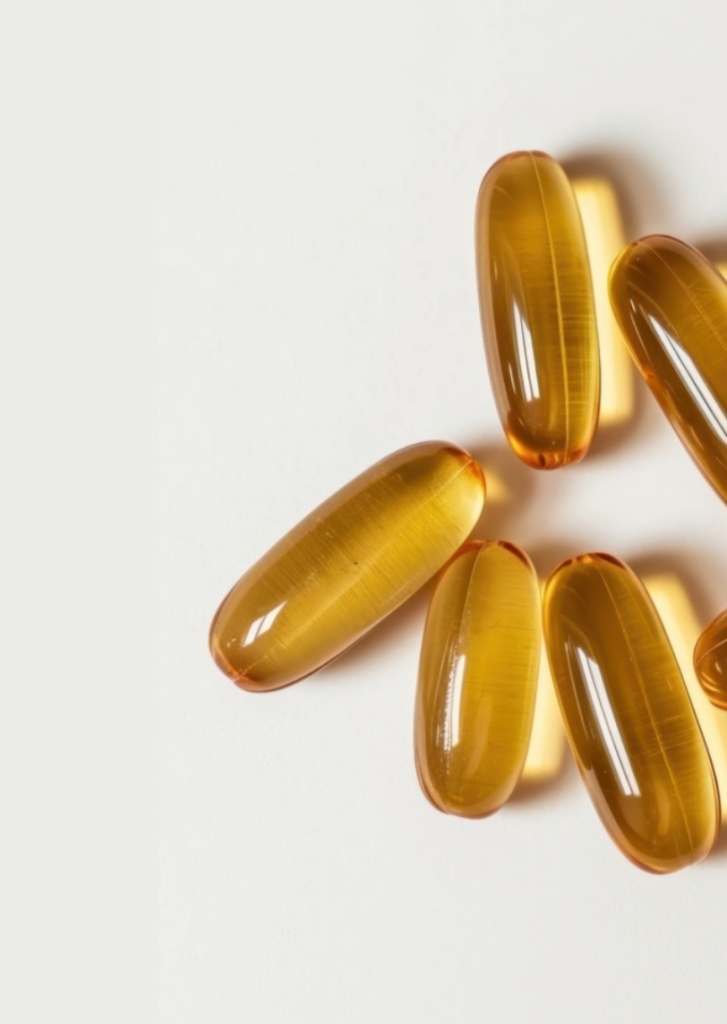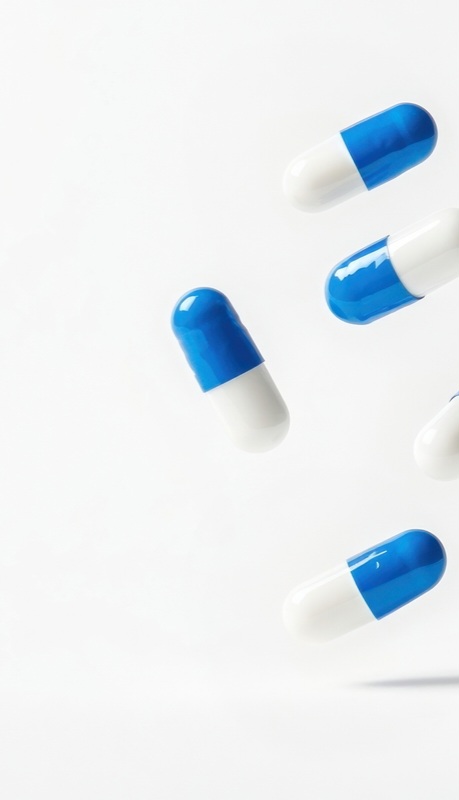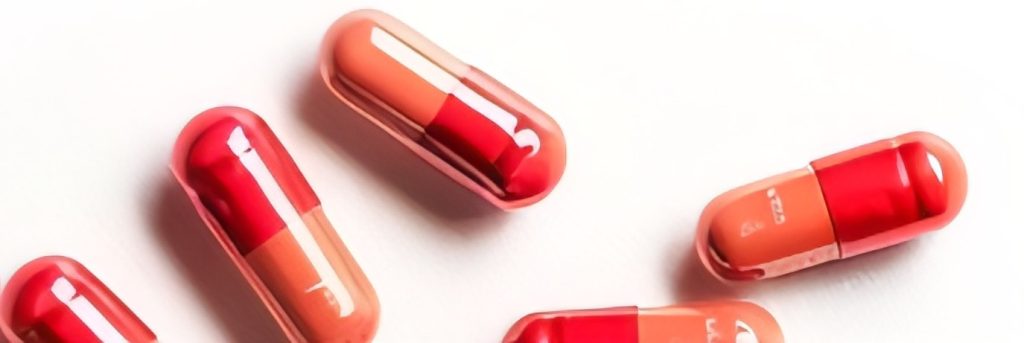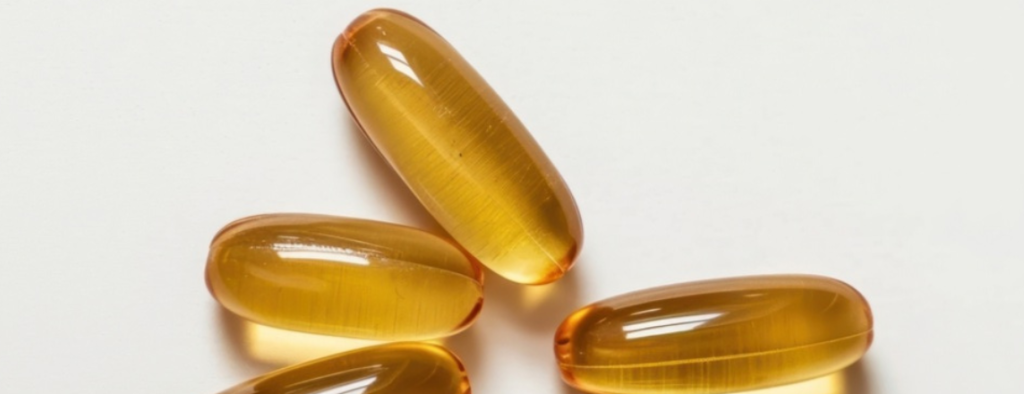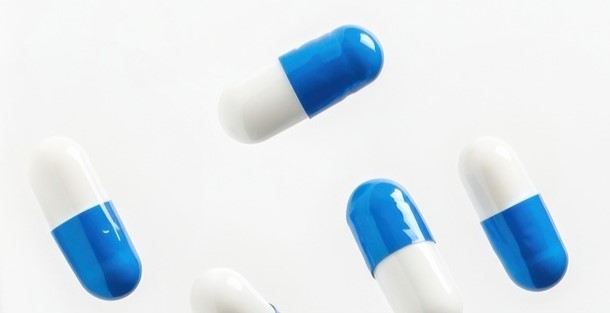Checklist of ingredients and excipients
This checklist outlines the key ingredients and excipients used in medicines which may raise a concern for Muslims, as well as excipients that are permissible for Muslims. Please use this list alongside HalalMed’s other guides:
- ‘How to check if a medicines contains ingredients and/or excipients from haram sources (link) and
- ‘What to do if a medicine contains ingredients and/or excipients from haram sources (link) .
You can also use our ‘checker tool‘ to enter medicine ingredients, excipients and/or production cell lines and it will flag anything that may be of concern to a halal diet.
⚠️ Important information for patients
- Always take or use your medicine(s) exactly as directed or prescribed by your healthcare professional (HCP), such as your doctor or pharmacist
- Do not stop, delay, change or alter the way you take or use your medicine(s) without first discussing it with the HCP who prescribed or supplied it to you
- Always consult your HCP if you have any questions or before making any decisions about your treatment
- For Islamic guidance, seek advice from your local Imam or a trusted Islamic scholar – ideally someone with relevant knowledge and expertise in the fiqh (Islamic rulings) of medicines
- Use the information gathered to make an informed decision together with your HCP and, if needed, your local Imam or trusted Islamic scholar
Disclaimer
- This resource is for educational purposes only. It does not constitute clinical, medical, or professional healthcare advice and should not replace individual clinical judgement or qualified religious guidance
- Always consult your doctor, pharmacist, or other healthcare professional regarding your own medical conditions or for advice on treatment options
- Healthcare professionals remain fully responsible and accountable for decisions made within their own scope of practice.


